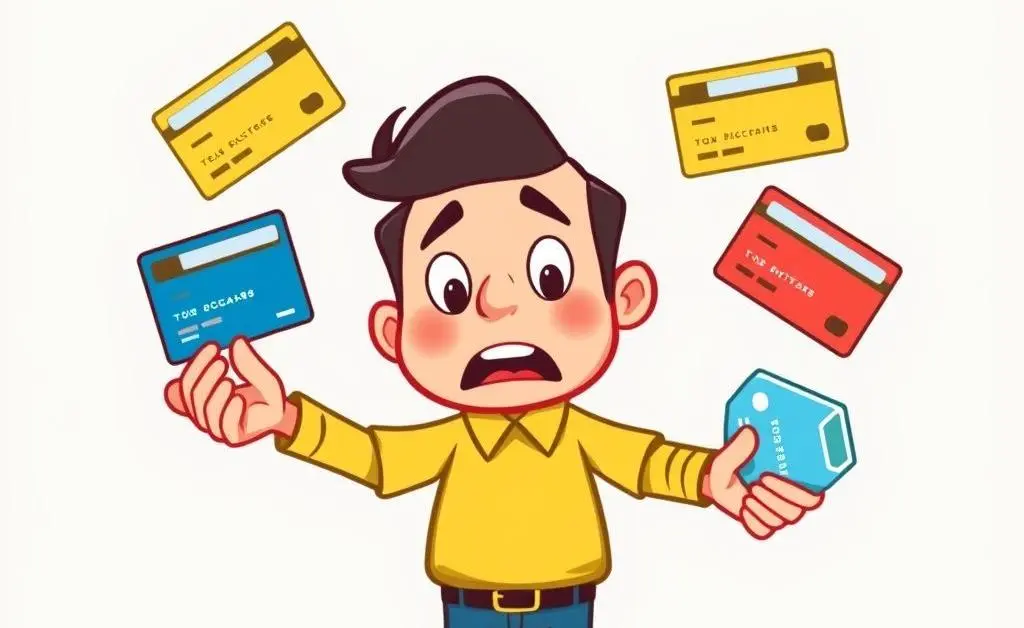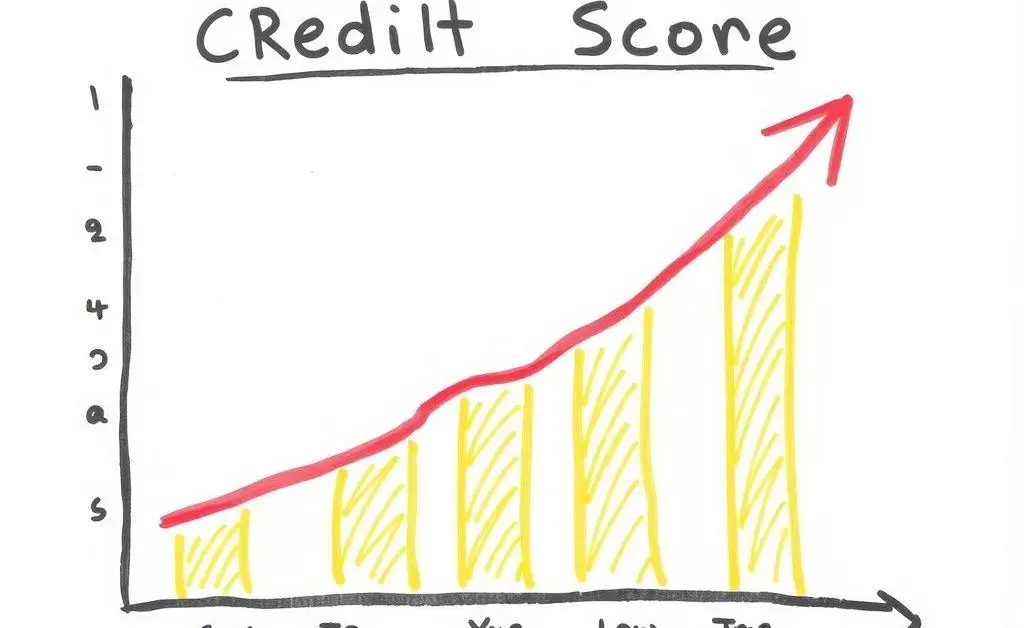Demystifying Credit Scores: Your Roadmap to Financial Confidence
Unlock the secrets of credit scores, enhance your financial knowledge, and boost your financial future.

Ever felt like your credit score is a secret code that only financial wizards can crack? You're not alone. In this post, we'll unravel the mystery behind credit scores and guide you through the ins-and-outs of financial expertise.
Understanding the Basics of Credit Scores
Let's start with the basics: a credit score is essentially a number that represents your creditworthiness. It's like your financial report card, except it really matters. Ranging from 300 to 850, the higher your score, the better. Here's what affects your credit score:
- Payment History: Your record of payments on credit accounts.
- Amounts Owed: Comparison of credit used to credit available.
- Length of Credit History: How long you've had credit.
- New Credit: Recent credit inquiries and accounts.
- Credit Mix: A variety of credit types (credit cards, mortgages, etc.).

Why Your Credit Score Matters
Your credit score impacts more of your life than you might think. It can determine the interest rate on loans, affect your ability to rent a house, and even influence job offers in certain sectors. For example, my friend Alex once missed out on a dream apartment because his credit score wasn't up to snuff – all due to a forgotten credit card debt from college!
Steps to Improve Your Credit Score
Improving your credit score isn’t as daunting as it seems. Here are some practical steps to get you started:
- Pay Bills on Time: Set reminders or automate payments to avoid late fees.
- Reduce Debt: Try to pay more than the minimum repayment on your credit cards.
- Avoid New Hard Inquiries: Multiple applications for credit can hurt your score.
- Check Your Credit Report: Regularly review your credit report for errors and dispute them through the credit bureau.

Common Credit Myths Debunked
There are plenty of myths that float around about credit scores. Let’s clear up a few common misconceptions:
- Myth: Checking your own credit score lowers it.
Truth: Personal credit checks, known as soft inquiries, don’t affect your score. - Myth: Closing old accounts increases your score.
Truth: It might actually lower it by shortening your credit history.

Conclusion: Keep the Dialogue Going
Credit scores might seem complex, but with a little knowledge and some effort, they’re totally manageable. Tackling credit thoughtfully can lead to substantial long-term benefits for your financial health. So, what's your biggest question about credit scores that you’d like me to dive deeper into? Let's keep the conversation going!




